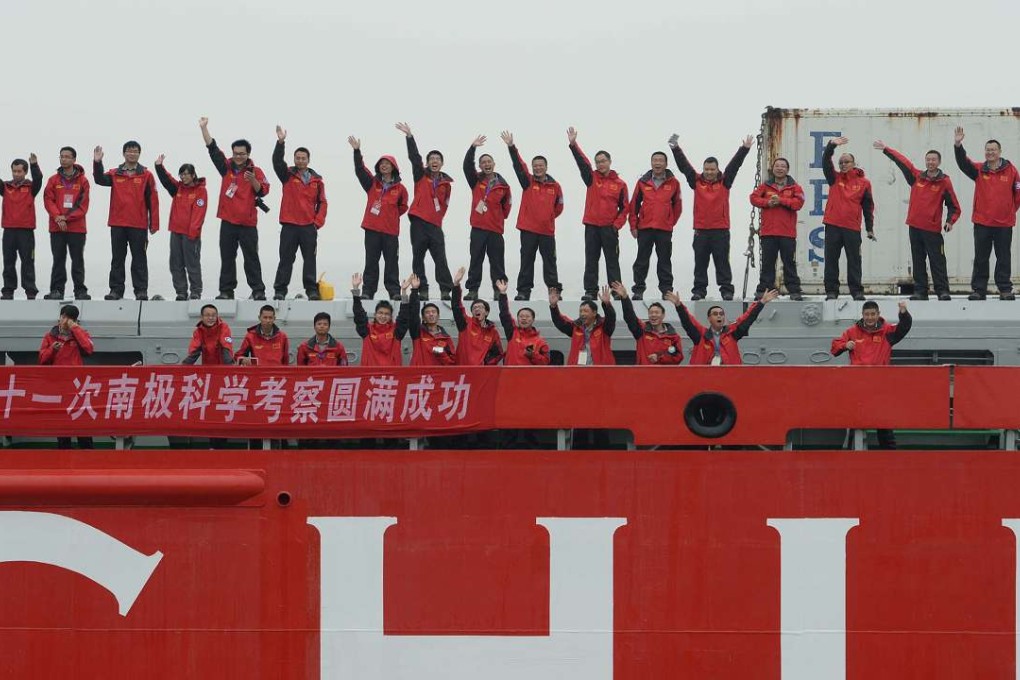China’s plan for the Arctic – and a shipping centre to rival Singapore
Beijing may be playing it cool, but it sees its current role in the contested High North as just the tip of the iceberg

WASHED by the shallow waters of the Tumen River that divides Russia and North Korea, China’s Hunchun has few tourist attractions other than a coin-operated set of binoculars, on an elevated platform, that lets the occasional visitor survey the three neighbours’ only junction. But if business expands along Arctic shipping routes linking the Atlantic and Pacific, this obscure city of little more than 200,000 could become “an international shipping centre equal to Singapore”, Xinhua, China’s state-run news agency, claimed last year.

China, having styled itself as a “near-Arctic nation”, is jockeying to play a greater role in the contested High North. Beijing attained permanent observer status to the intergovernmental Arctic Council in 2013, but experts say its ambitions are beyond those of a passive onlooker.
Chinese research ship Xue Long begins 7th Arctic expedition
In July, Chinese shipping giant Cosco announced plans to send more cargo vessels to the Arctic, where they will be guided by the first Northwest Passage Chinese-language guidebook, published by China’s Maritime Safety Administration in April. Also in July the polar research vessel Xue Long conducted its seventh Arctic expedition, and the country approved tenders for its first domestically produced icebreaker.

Those developments came a month after a paper by the State Oceanic Administration referred to the Northwest Passage as a “northern link” in Xi Jinping’s ( 習近平 ) “One Belt, One Road” strategy, and complained that a negotiated settlement between Canada and the United States in their sovereignty dispute regarding the waterway would be unfair to China and other regional outsiders. Canada claims the passage as internal waters but the US views it as an international waterway.
Arctic sea ice shrinks to second lowest level on record
China’s ambitions in the Arctic may seem far-fetched. Yet it is already making investments that could start a sea change, said independent researcher Jichang Lulu.